Scrolled, Clicked, Lost RM166,000: Factory Worker Trapped by Online Investment Scam
A woman employed at a cake factory has lost her life savings after being lured into a fictitious investment scheme by a man she met on social media
简体中文
繁體中文
English
Pусский
日本語
ภาษาไทย
Tiếng Việt
Bahasa Indonesia
Español
हिन्दी
Filippiiniläinen
Français
Deutsch
Português
Türkçe
한국어
العربية
Abstract:North Korea’s exchange rates surged by 92% in the past year. Explore the role of trade, black market currency, and Kim Jong Un’s policies in this economic shift.
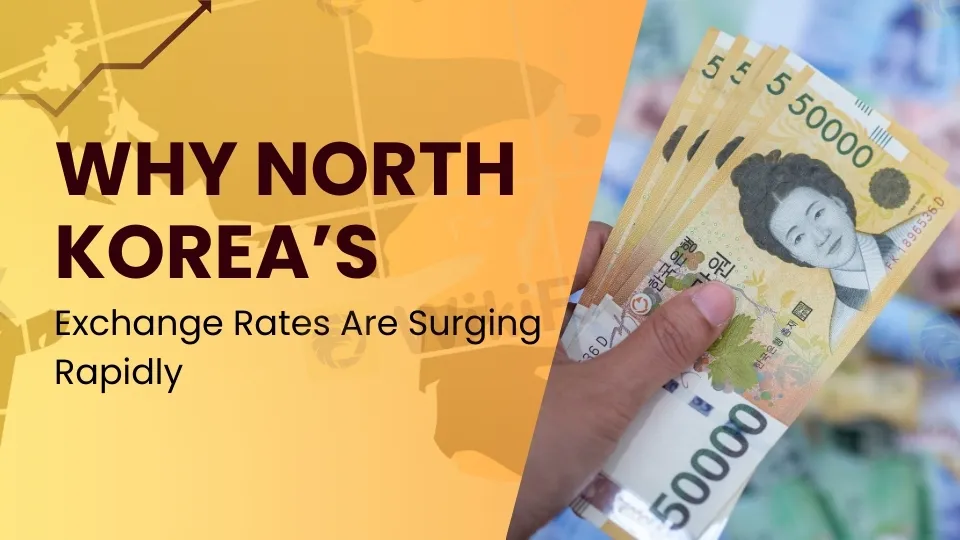
The foreign exchange market in North Korea has seen unprecedented fluctuations, with exchange rates surging dramatically. The Korean Peoples won (KPW) has now reached a rate of 16,100 per US dollar in Pyongyang, marking the highest rate recorded since 2009. This represents a 92% increase in the past year alone, with an almost 90% rise within just six months. In comparison, the exchange rate for the Chinese renminbi (RMB) has also increased, though by a lesser 35% in the same period.
The sharp rise in North Korea‘s exchange rates can be attributed to several key factors. One primary cause is the reopening of trade following the COVID-19 pandemic. North Korea’s trade, especially with China, has slowly recovered, reaching 82% of pre-pandemic levels by 2023. Despite this improvement, the current trade volumes are insufficient to justify the rapid increase in exchange rates.
Another critical factor influencing the surge is Kim Jong Uns ambitious “20×10 Policy,” which seeks to construct modern factories in 20 rural areas each year over the next decade. This large-scale industrial initiative requires significant machinery and raw materials imports, potentially contributing to the increased demand for foreign currency. While trade with Russia is also increasing, this impact on the overall exchange rate remains unclear.
Beyond tangible factors like trade and policy, human psychology and market expectations are playing an outsized role in the current exchange rate spike. As confidence in the KPW decreases, individuals and businesses shift their holdings to foreign currencies like the US dollar, anticipating further depreciation of the won. This shift drives up demand for foreign currency, further weakening the KPW.
In this case, expectations of a more extensive reopening of trade and heightened import activity have fueled much of the KPW‘s depreciation. As North Korea’s market anticipates greater foreign currency needs for imports, the value of the domestic currency continues to plummet.

North Koreas attempts to stabilize the KPW through official policies have had the opposite effect. The government recently issued a directive calling for strict adherence to the official exchange rate of 8,900 KPW to the US dollar, blaming “unfounded rumors” and “foreign currency hoarding” for the escalating rates. However, the official rate is significantly lower than the black market rate, which is trading at 16,100 KPW. This discrepancy incentivizes further black market activity as traders take advantage of arbitrage opportunities.
The governments efforts to crack down on black market currency trading have exacerbated the problem. By ordering the confiscation of goods and foreign currency from illegal traders, the state has heightened market anxiety, prompting more individuals to hoard foreign currency in anticipation of scarcity, thus increasing the exchange rate.
Recent exchange rate trends in North Korea directly link government intervention and market instability. During the COVID-19 pandemic, border closures led to a sharp drop in exchange rates. However, when trade with China resumed in 2023, rates quickly rebounded. Political signals suggesting increased trade with Russia likely added to the volatility, although the exact impact remains unclear.
North Korea‘s capacity to control the exchange rate through monetary policy is limited. The country’s foreign currency reserves are small, and strict monetary policies risk slowing down consumer spending and sparking deflation. Over time, exchange rates will stabilize as trade expectations level off. However, if the government continues its aggressive crackdown on illegal currency exchanges, hoarding may persist, regardless of actual economic conditions.
North Korea‘s skyrocketing exchange rates are a result of a complex mix of trade, policy, market expectations, and psychological factors. While Kim Jong Un’s 20×10 Policy and the reopening of trade have contributed to the surge, the most significant factor appears to be market anticipation of future foreign currency needs. The states efforts to combat black market trading have only intensified the volatility, leaving North Korea with few tools to stabilize its exchange rates effectively.
Stay updated on North Korea's currency surge and its impact on trade and policy. Read the full analysis on WikiFX News now!

Disclaimer:
The views in this article only represent the author's personal views, and do not constitute investment advice on this platform. This platform does not guarantee the accuracy, completeness and timeliness of the information in the article, and will not be liable for any loss caused by the use of or reliance on the information in the article.
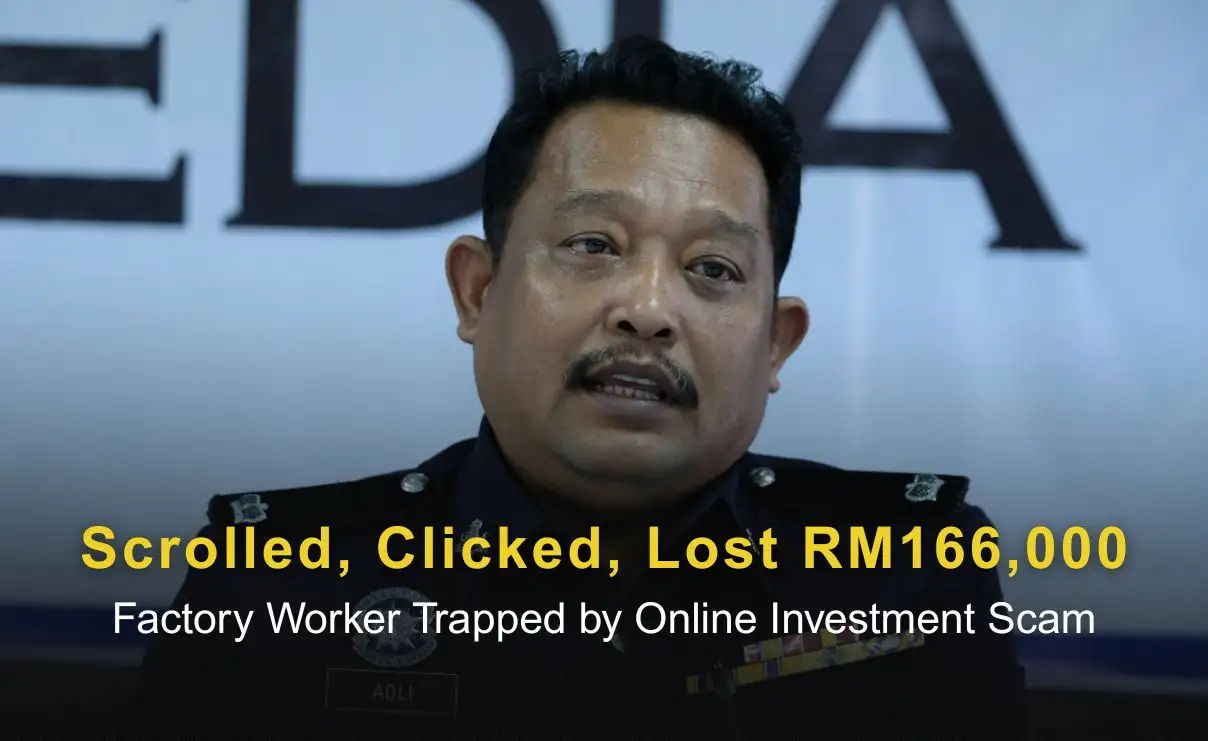
A woman employed at a cake factory has lost her life savings after being lured into a fictitious investment scheme by a man she met on social media
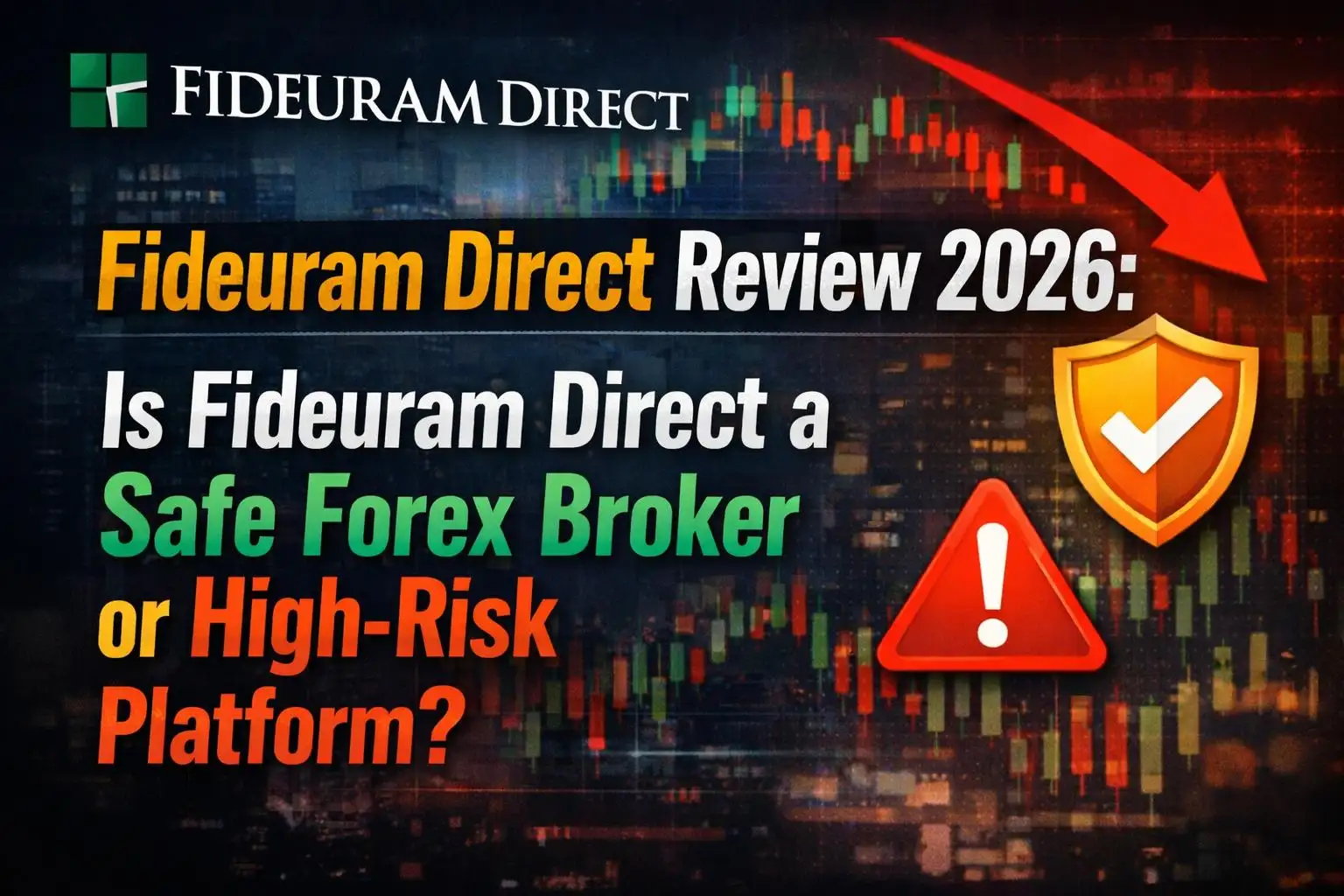
Fideuram Direct review is gaining attention among Forex traders evaluating new brokers. However, safety and regulation are the most critical factors when choosing a broker. In this review, we examine Fideuram Direct brokers, its regulatory status, trading offerings, and risks — especially in light of its extremely low WikiFX score of 1.43/10.
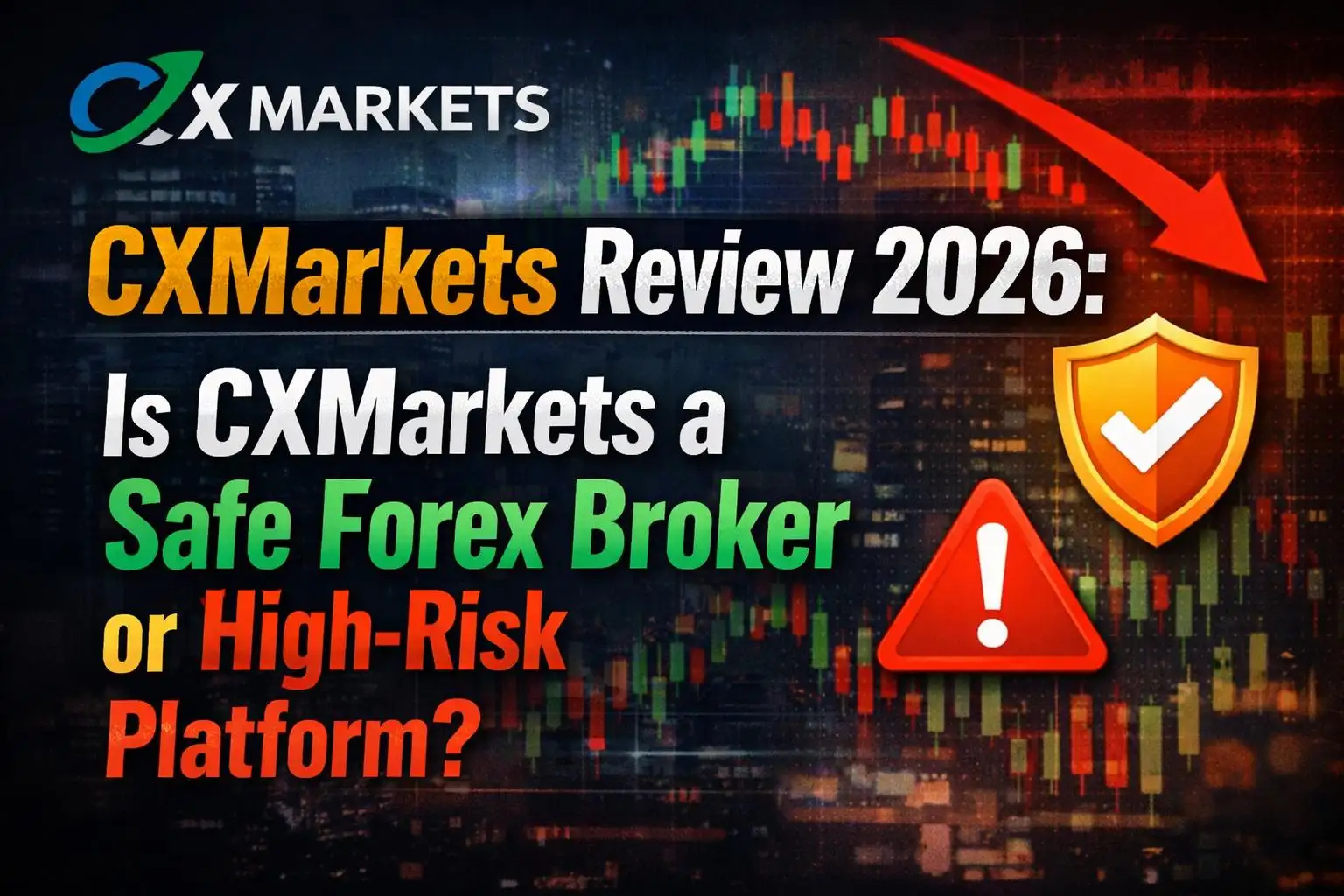
CXMarkets review has attracted increasing attention among Forex traders searching for new trading opportunities. However, when evaluating any broker, regulation, transparency, and risk indicators are far more important than marketing claims.
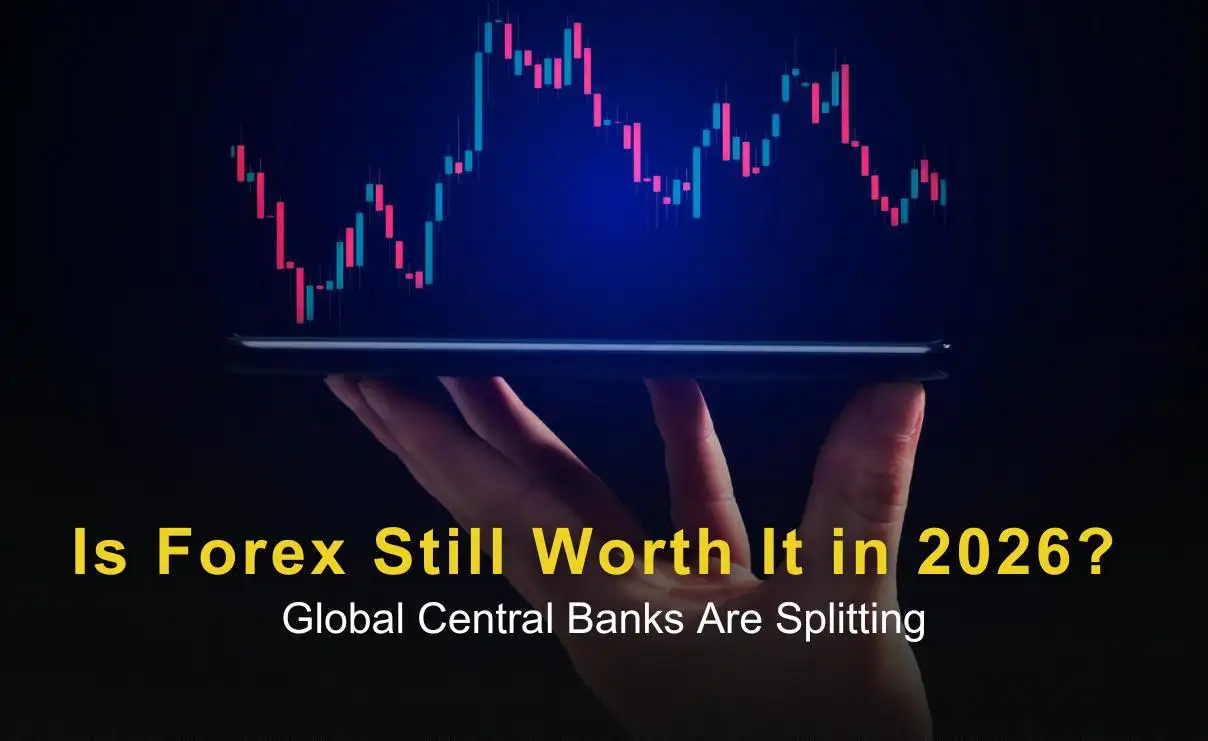
Entering 2026, diverging central bank policies are reshaping global FX and bond markets, while economic momentum shifts from developed economies toward India. Meanwhile, an upcoming leadership transition at the US Federal Reserve presents a key underappreciated risk that could trigger renewed volatility in interest rates and the US dollar.
